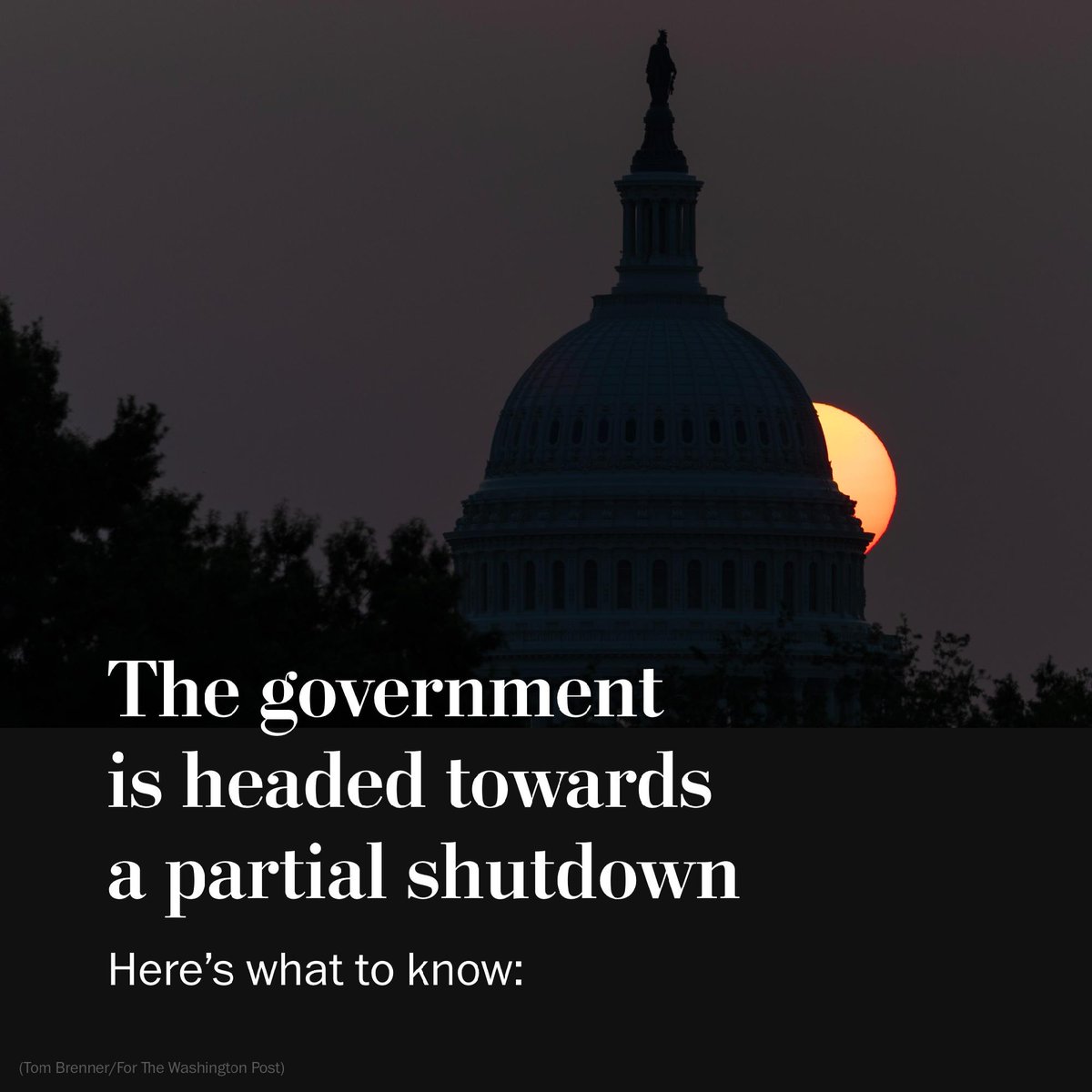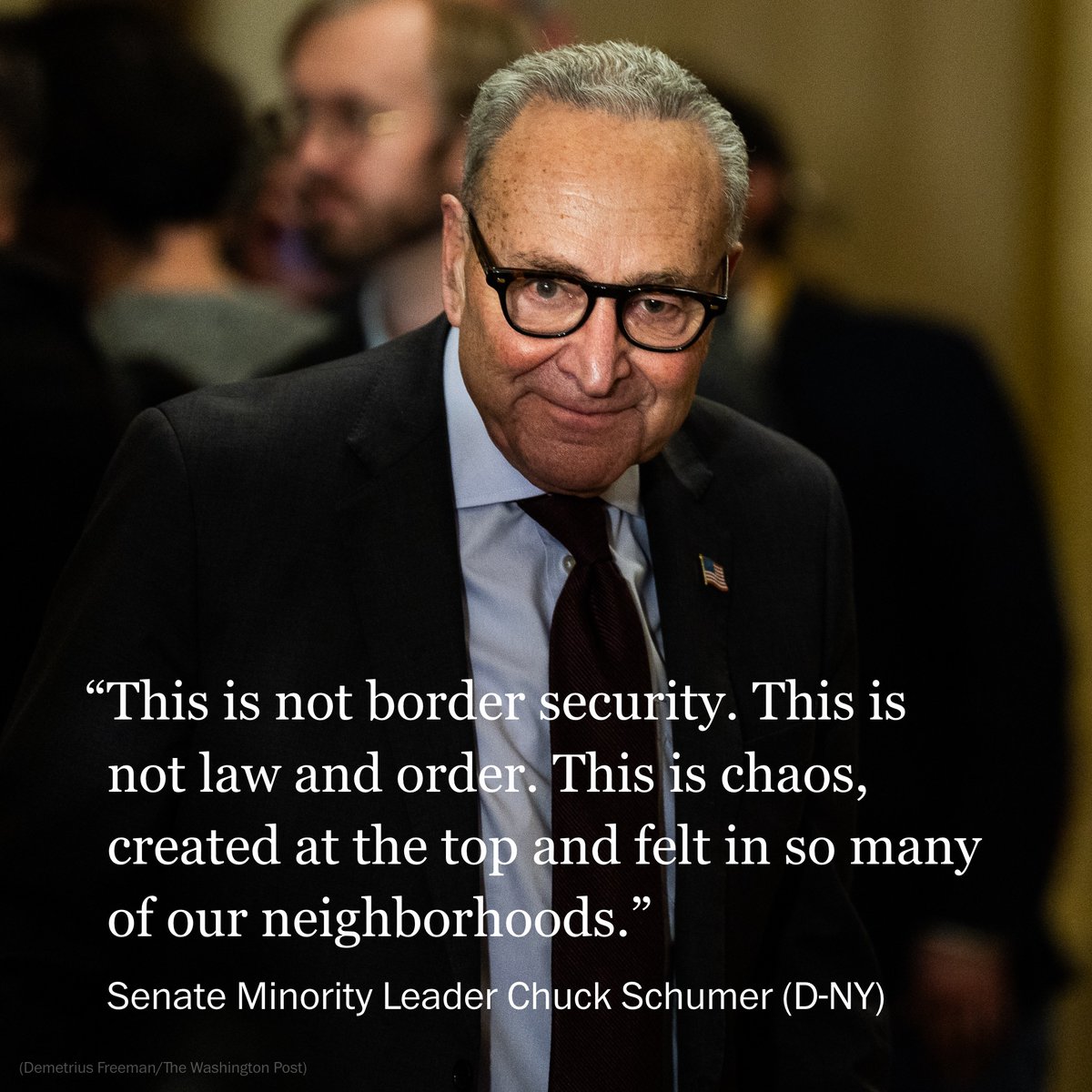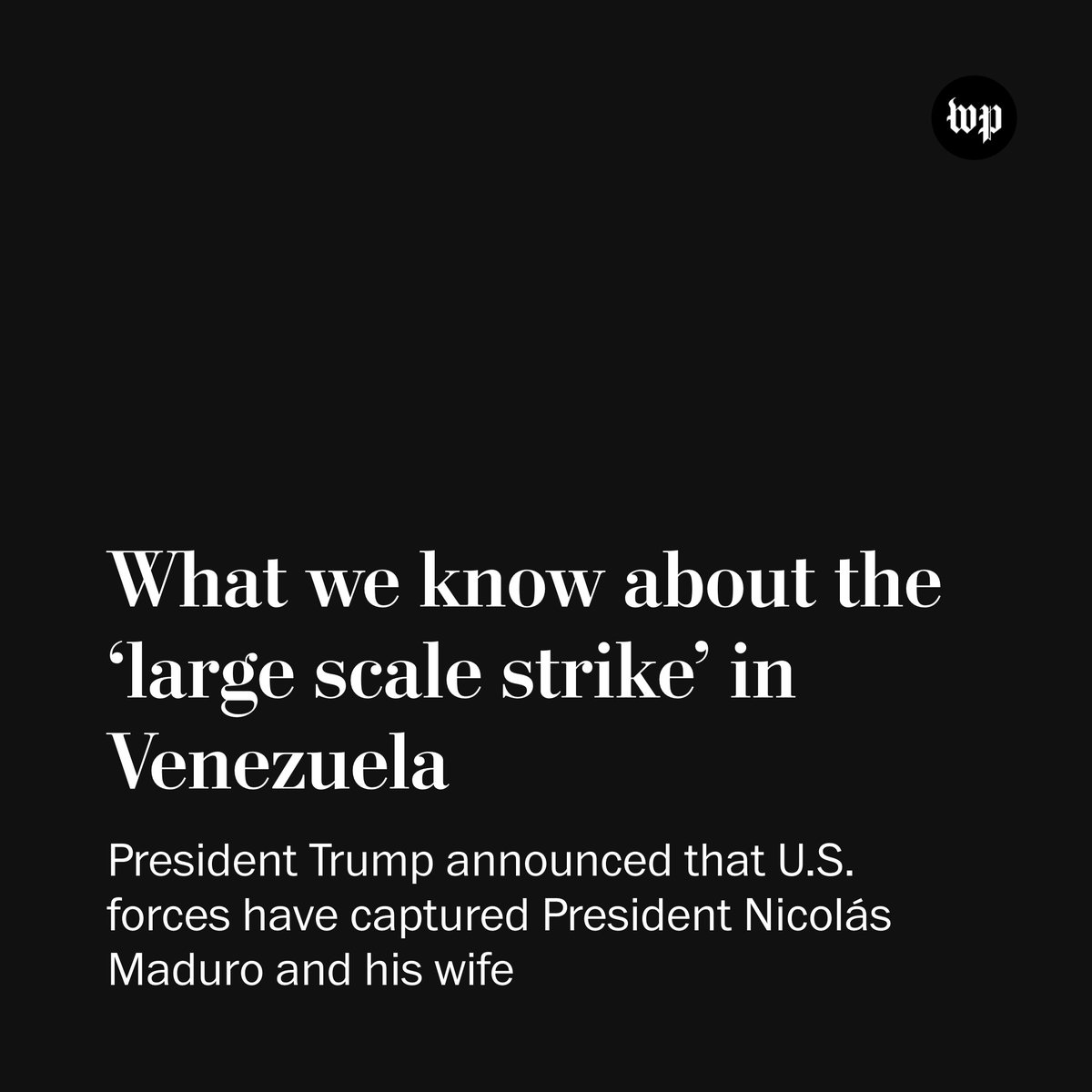Across the Andes, a region that has reported some of the world’s highest covid-19 death rates, teams are traversing deserts, mountains, rainforests and rivers to vaccinate isolated communities. wapo.st/3iYxC0E
In Colombia, a country of more than 48 million people, about 16 percent of the population lives in rural areas that were neglected by the government during more than five decades of armed conflict. wapo.st/3iYxC0E
In this remote part of the northern department of La Guajira, home to the country’s largest Indigenous population, there are no paved roads, no electricity, no running water and no other access to the vaccines that would protect their communities. wapo.st/3iYxC0E 

IPSI Palaima, an organization founded in 2007 by an Indigenous woman who grew up in the area, is one of the only vaccine providers in Alta Guajira with a permanent refrigerator, in a medical center powered by solar panels. wapo.st/3iYxC0E 

In the Bahía Honda area, vaccine providers spend 15 days at a time living in a dormitory, sleeping in hammocks and showering with buckets of water, to stage daily medical missions to the surrounding communities. wapo.st/3iYxC0E 

Travel is only part of the challenge confronting the team.
There is also a lack of information about the coronavirus, hesitation around vaccines and a general mistrust of authorities. wapo.st/3iYxC0E
There is also a lack of information about the coronavirus, hesitation around vaccines and a general mistrust of authorities. wapo.st/3iYxC0E

• • •
Missing some Tweet in this thread? You can try to
force a refresh












